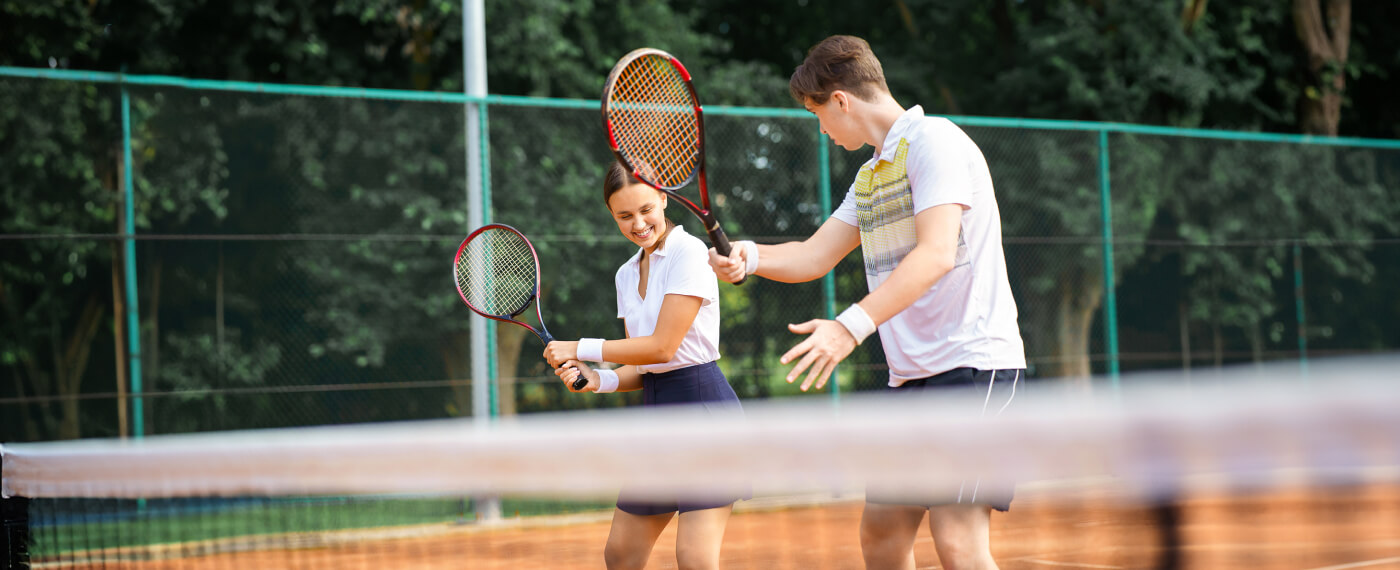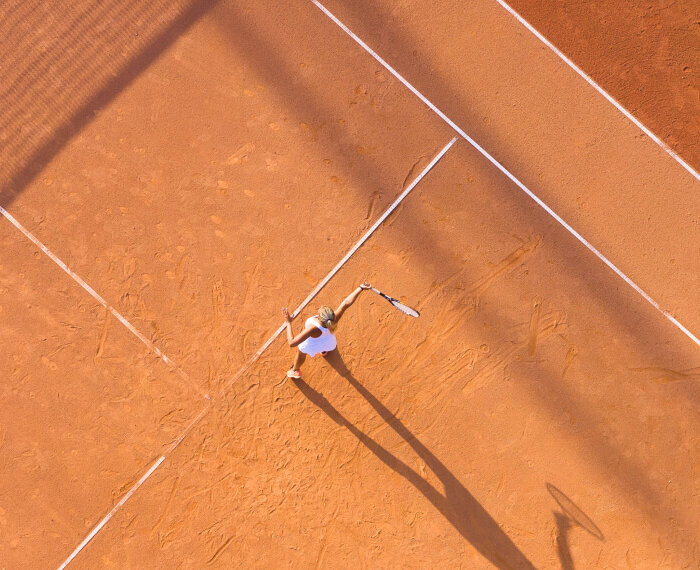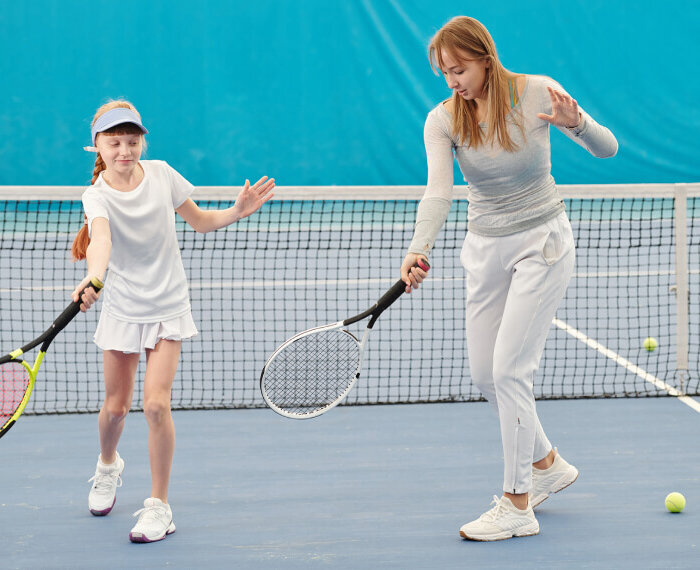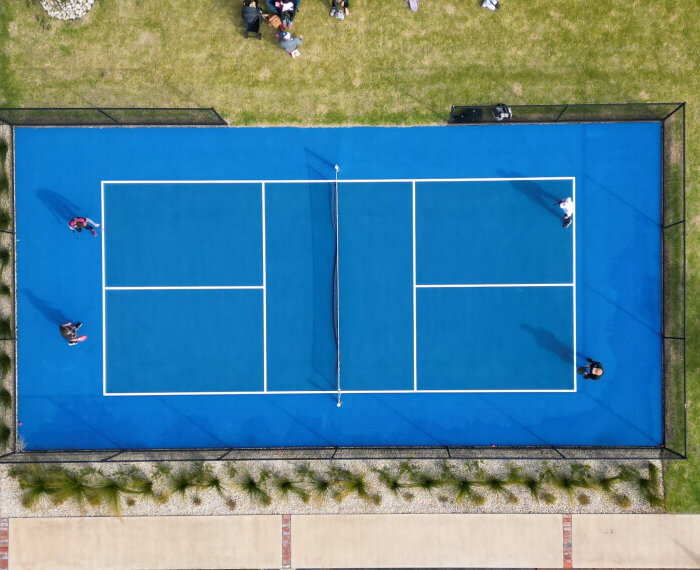
Youth Tennis Development: Age-Specific Training Programs for Coaches
Tennis is not just a game of physical skill but also one of mental agility, and starting young can set players up for a lifetime of success on the court. Coaches play a pivotal role in developing young talents by applying age-specific training programs that cater to the unique needs of different age groups. Understanding the nuances of each developmental stage can help coaches design effective training sessions that are both engaging and beneficial.
For Ages 5-7: Introduction to Tennis
Young children are at a stage where they’re developing motor skills and coordination. For coaches, the focus should be on fun, introducing the basics of tennis through play. Activities should encourage movement and basic hand-eye coordination using larger, softer balls and smaller rackets. Mini-tennis formats, shorter nets, and smaller courts adapt the game to their level, making the learning process enjoyable and less daunting.
For Ages 8-10: Building Fundamentals
As children grow, they can handle more complex tasks. At this stage, coaches should focus on developing basic tennis strokes and footwork. The training can be more structured with drills that promote consistency and control. It’s crucial to balance skill-building with fun games that keep them engaged. Group clinics are particularly effective as they also help in developing social skills and competitive spirit among young players.
For Ages 11-13: Enhancing Technique and Tactical Awareness
This is a critical period for honing technical skills and introducing more strategic elements of the game. Coaches should emphasize correct stroke mechanics, advanced footwork, and the beginnings of tactical play. Players should start to understand how to construct points, and matches should be used to practice these concepts in real scenarios. Physical conditioning can also be gradually introduced to improve overall athleticism.
For Ages 14-18: Refining Skills and Specializing
Older adolescents should focus on specialization, refining their technique, and mastering tactical play. Coaches need to provide a more individualized approach to training, identifying and honing each player’s strengths. Mental toughness becomes crucial as players begin competing more seriously. Coaches should also foster resilience, teaching athletes to handle both wins and losses constructively. Conditioning, flexibility, and strength training become integral parts of the regimen to prevent injuries and improve performance.
Coach’s Role in Development
Throughout all stages, the coach’s role is to be a positive influence, providing support and encouragement while setting realistic expectations. They should adjust their approach based on the player’s emotional and physical growth, ensuring that the training remains aligned with the player’s development. Safety is paramount, with proper techniques being taught to avoid injuries.
In conclusion, developing a youth tennis player is a progressive journey that requires patience, dedication, and a well-structured training program tailored to the age and capabilities of the player. Coaches are instrumental in guiding their players through this journey, making the sport a fulfilling part of their development.
Other Articles
Mastering Clay Court Play: A Coach’s Guide to Surface-Specific Skills
Understanding Clay Court Dynamics Clay courts demand a distinct set of skills and strategies, significantly di...
Read MoreFinding a Female Tennis Coach
Introduction Choosing the right tennis coach is key to improving your game. At Top Tennis Coaches, we speciali...
Read MoreWhat towns in the UK play the most tennis?
Towns in the UK with Vibrant Tennis Communities Tennis has long been a beloved sport in the UK, with communiti...
Read More



